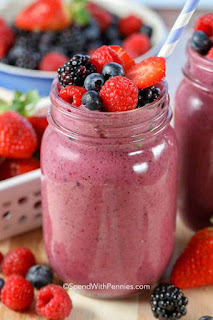A Word on Nutrition Related Documentaries
I love documentaries. You can learn so much from them and there all kinds of topics to choose from. I remember watching documentaries about food in high school, but now it seems like they are popping up left and right. There are a decent amount of documentaries now that talk about a plant based diet, keto, GMOs, and so on. Not only do viewers find these documentaries to be informative, but they may also see them as influential. Some of my friends have asked me after seeing certain documentaries if they should completely change their diet. This makes me a little worried when people are gung ho to do a complete 180 of their diet overnight. It’s important to look at the facts first. Was there a Registered Dietitian in the documentary at any point? What did he or she have to say about the topic? If a dietitian didn’t appear at all, that raises concern for the credibility since RDs are the experts of nu...

